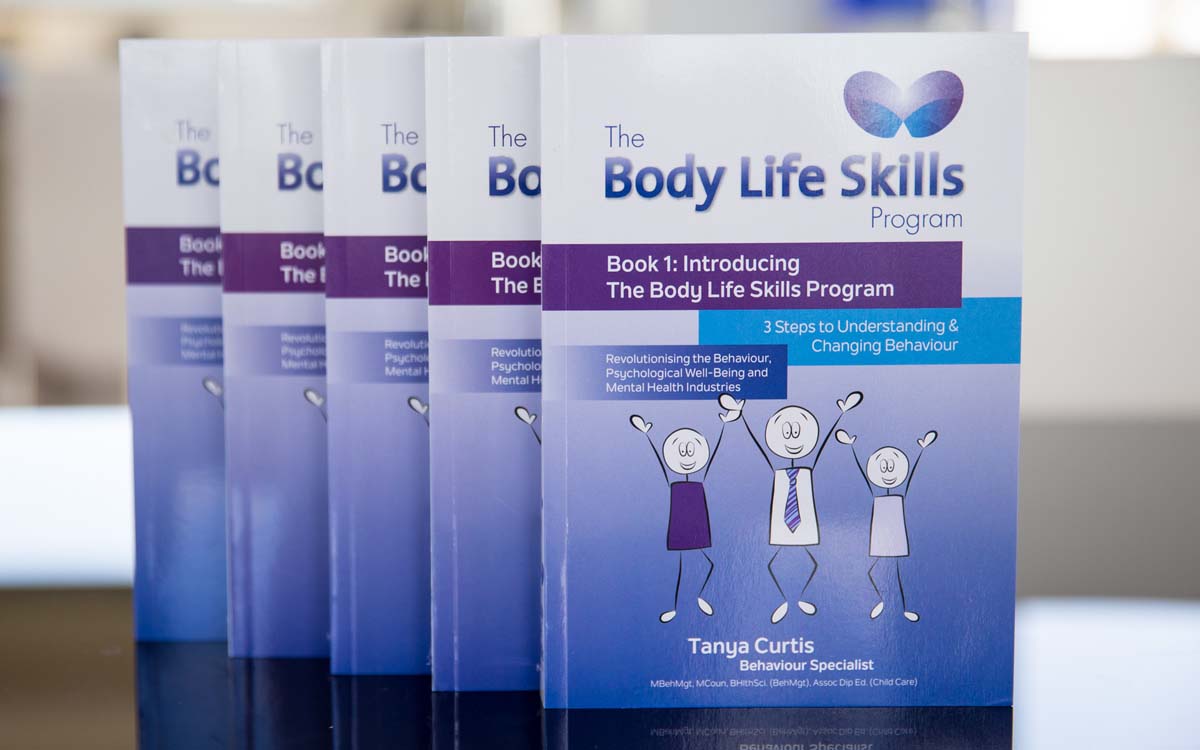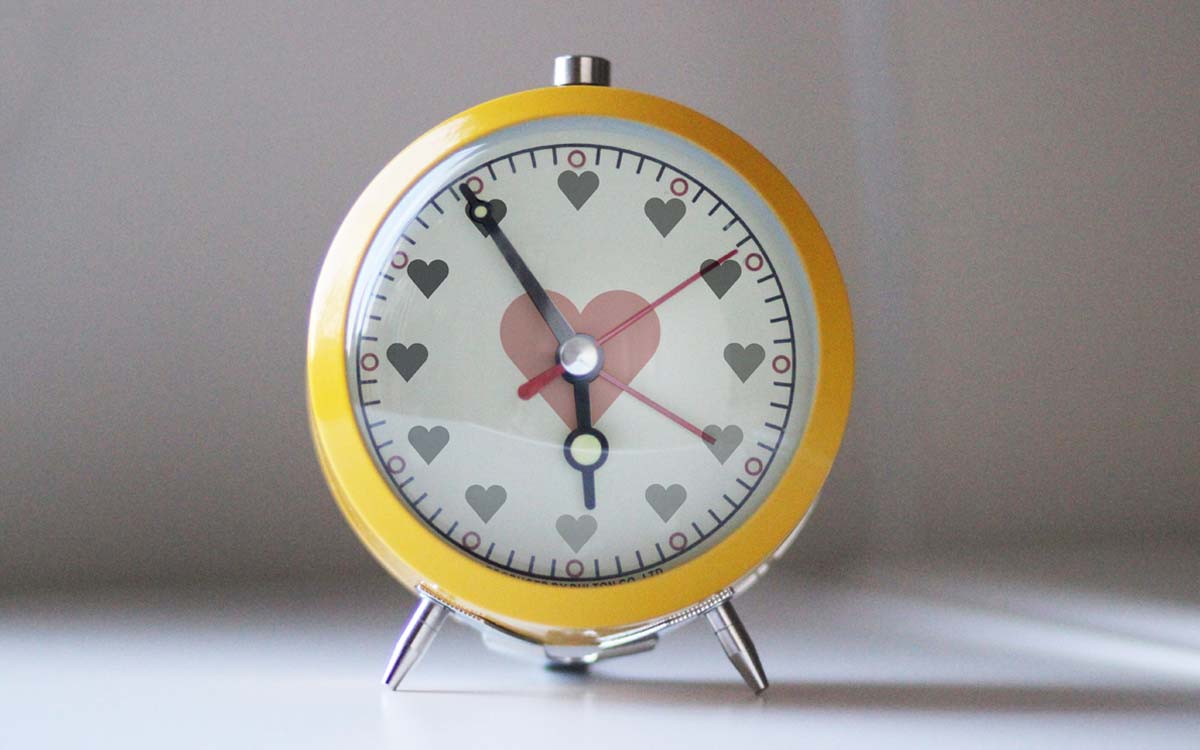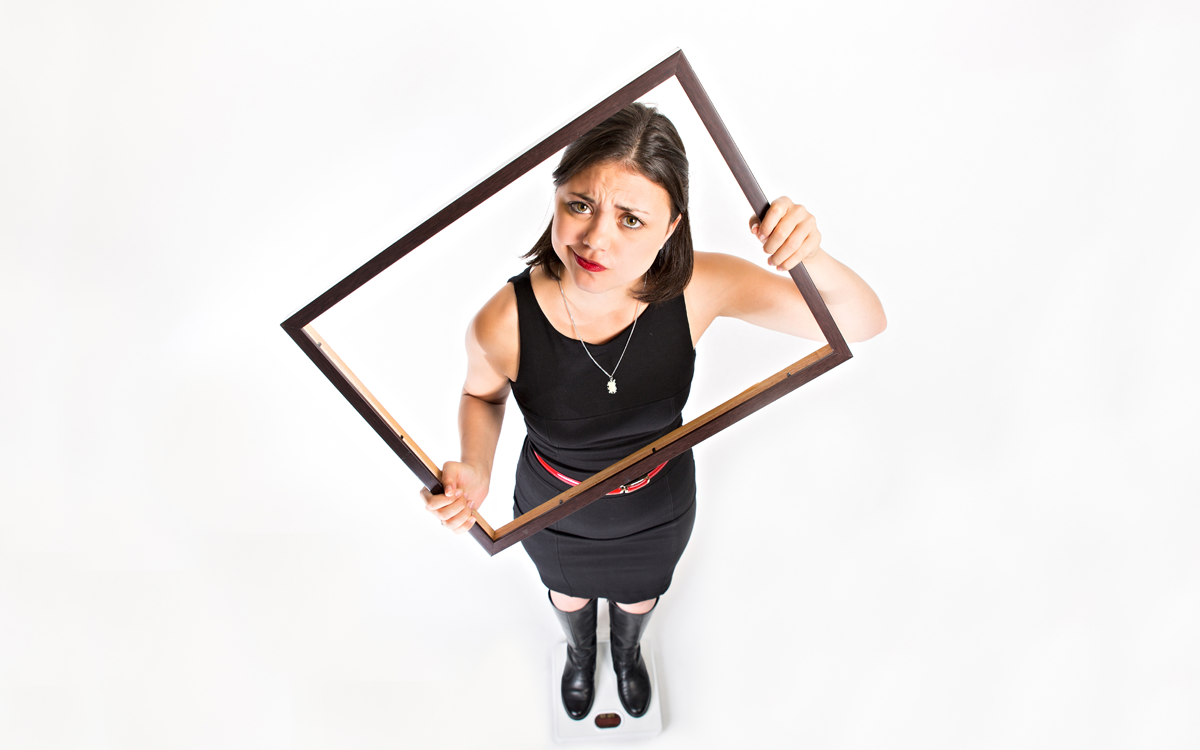Anxiety is very rarely what brings a man to our clinic; generally, they present to support their children, a friend, their partner or wife. However, it is interesting to observe that when a man feels safe, they often report experiences of anxiety in daily life.
But why the hesitation and doubt?
- Why are men not seeking support for their own symptoms?
- Why are men experiencing the worldin a way that makes them feel anxious?
- Why are men not feeling safe to express what is going on for them and how they truly feel?
At the core of every man is a deeply sensitive and very, very tender being.
If you hold any baby in your arms you can feel the absolute sweetness, tenderness and sensitivity that is their essence. There is an exquisiteness that words cannot describe, but it can certainly be felt. We allow the baby to just be, as the baby equally allows us to just be.
A baby boy then grows into a young boy, a teenager, a young man and an adult. But does this male adult still express the innate sweetness, tenderness and sensitivity that were there when they were born?
Typically, the answer is no. But why not?
Question: Does our world offer a foundation for men to unashamedly live and express their deep sensitivity and tenderness?
Again, the answer is a resounding no.
So, what happened as this baby boy grew up? At what stage did these qualities disappear? And are they really gone or have they just been buried?
Nowadays, boys, teenagers and men are often asked to ‘toughen up’ or given instructions to that effect. And before we know it, the innate sweet qualities are no longer expressed and have been replaced with rough play, harsh tones, hard exteriors and ‘sucking it all up’.
However, the essence has not changed; there is still the same sweet, sensitive and tender being waiting to feel safe to express these innate qualities.
What if a man’s anxiety is related to them not feeling safe to express who they truly are? And if so, why?
Could it be that men do not always feel ready and equipped to handle and deal with the reactions that can come from others because of what or how they have expressed?
For example, a man who expresses his sensitivity is likely to be at the receiving end of a whole raft of unwanted reactions. He might even be called all sorts of derogatory names after such an open expression of sensitivity and tenderness; he might be laughed at, belittled or shunned.
And why is that? Because it is not deemed so-called ‘normal’ … however, it is certainly a man’s natural way to express his innate sensitivity and tenderness. So what then is the impact on a man’s quality of life and wellbeing when he lives against his natural way – and all just to fit into the so-called norm?
Could this be the reason for a man’s anxiety?
What would happen if men decided to live against the so-called norm and went back to their natural way? What if we as a society provided a foundation and a platform that allows boys, teenagers and men to feel safe to express their naturally sensitive, tender way?
Is it then not our responsibility, as a society and individually, to question honestly and openly:
- What platform do we provide for ourselves and others to express?
- Do we provide a foundation that allows every boy, teenager, man and any other person to express their sweetness, sensitivity and tenderness?
What if combatting anxiety in men can be initiated by offering them a foundation where they feel safe to express … a foundation that allows a man to express his sensitivity and tenderness without fear of reaction or retaliation?







